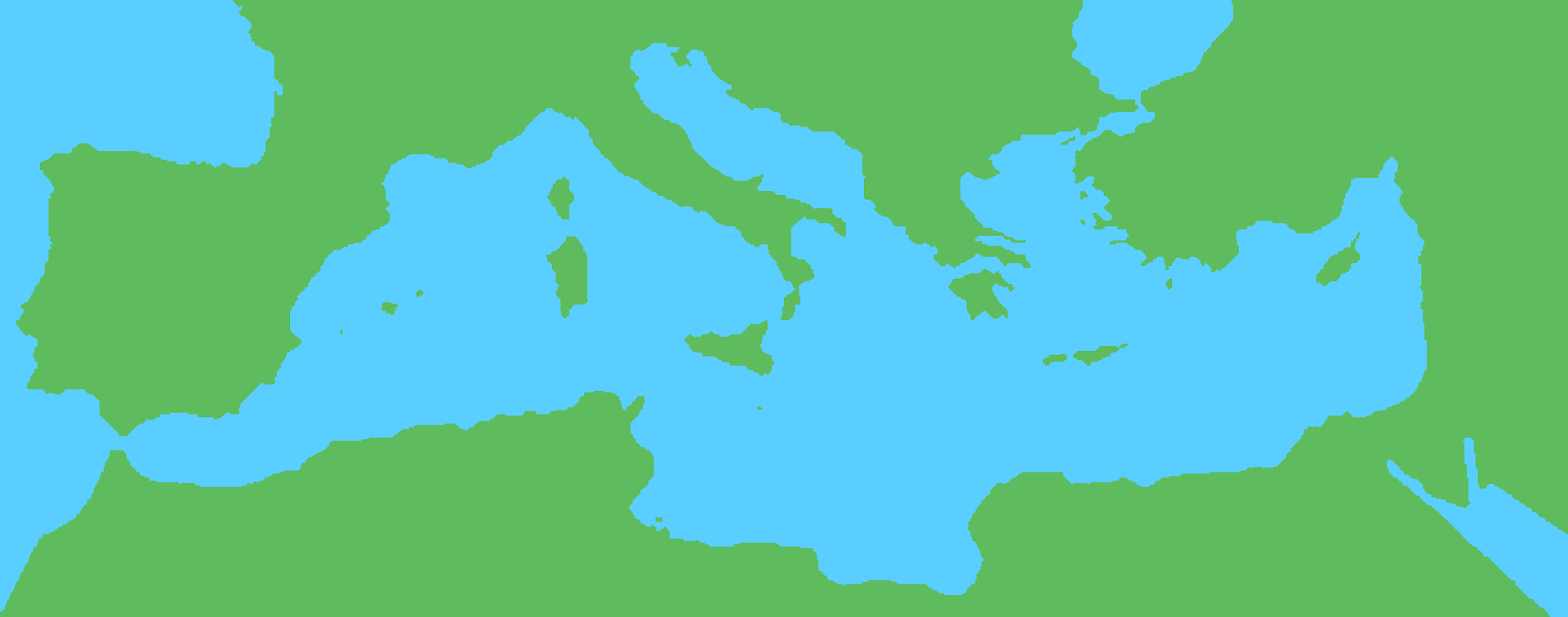In Iraq the protests against the government have continued on 15 July, consequently Iraq has placed its security forces on high alert. People are protesting against high unemployment and a lack of basic services and violent demonstrations started days ago in the country’s southern provinces, but they are now spreading to the capital, Baghdad. Reinforcement soldiers have already been dispatched to Basra to help protect the province’s oil fields. Hundreds of Iraqi protesters stormed Najaf International Airport, demanding better services, job opportunities and an end to alleged Iranian interference. In the latest in a week of daily protests against corruption and poor governance, demonstrators clashed with security forces in several provinces, including Maysan, Dhi Qar, Basra, Najaf and Karbala. Officials said two more demonstrators were killed overnight in Maysan province on the border with Iran, bringing the number of people killed since the protests erupted on 07 July to three.
On 17 July Iraqi security forces have used batons and rubber hoses to disperse hundreds of protesters who gathered near an oilfield in the province of Basra.On 16 July, protesters burned posters bearing the image of Iran’s former Supreme Leader Ruhollah Khomeini on a main street in the province of Basra.
On 18 a senior Iraqi delegation headed to Saudi Arabia to discuss possible assistance with its energy and electricity crisis, which is partly responsible for the ongoing bloody protests. Iraqi Prime Minister Haider al-Abadi also dispatched the minister of electricity to Riyadh this week to sign urgent energy agreements, as part of his bid to contain the fallout from power shortages in southern Iraq.
On 19 July at least 11 people have been injured in a series of bombings in Kirkuk by suspected Islamic State group militants. The day before an Iraqi commander was killed when a bomb targeted a military convoy in the province.
On 14 July Federica Mogherini, the European Union’s foreign policy chief, has visited Libya‘s capital, Tripoli, to reopen the bloc’s diplomatic presence and border assistance mission. “Our presence here will be now much more regular. I had an excellent meeting with President al-Sarraj, we discussed the support the European Union is giving to Libya, to the Libyan people,” Mogherini said.
On 18 July dozens of buses entered two government loyalist towns under siege from rebels in the northwest province of Idlib in Syria, as part of a deal to evacuate residents to government-controlled areas. Some 6,000 people will leave, emptying out the mostly Shia towns of al-Foua and Kefray. Rebels from Hay’et Tahrir al-Sham – a group formerly linked to al-Qaeda – and Iran-backed forces agreed to the deal to evacuate people in return for the release of more than 1,500 civilians and rebels in state prisons. On 20 July rebels in the southwest province of Quneitra in Syria have started leaving the area after giving up their fight against government forces near the frontier with Israel. A convoy of buses carried the first batch of rebels, their family members and assorted civilians to opposition-held territory in the north. A Syrian army offensive launched earlier in June has managed to retake much of southern Syria’s Deraa and Quneitra provinces, previously in rebel hands.
Focus on Russia
On 20 July the Russian ambassador to Algeria,
Igor Belyaev, revealed that about half of the Russian weapons sold in
Africa were bought by Algeria. Belyaev continued:“Russian-Algerian
relations are multidimensional. Technical military cooperation between
the two countries has characterized their bilateral relationship”. There
are other factors that have currently contributed to Algeria’s
increasing interest in Russian weapons, including the situation in
regions like the Middle East and Africa, where terrorism is growing in
North Africa, especially in Libya and in Mali. He added that the
cooperating on high-tech weapons requires both skilled personnel and
political will. Algeria is one of the most important buyers of Russian
weapons in the Middle East and North Africa. The most notable weapons
Algeria has bought are the T-90 tanks and the S-300 air defence systems.

